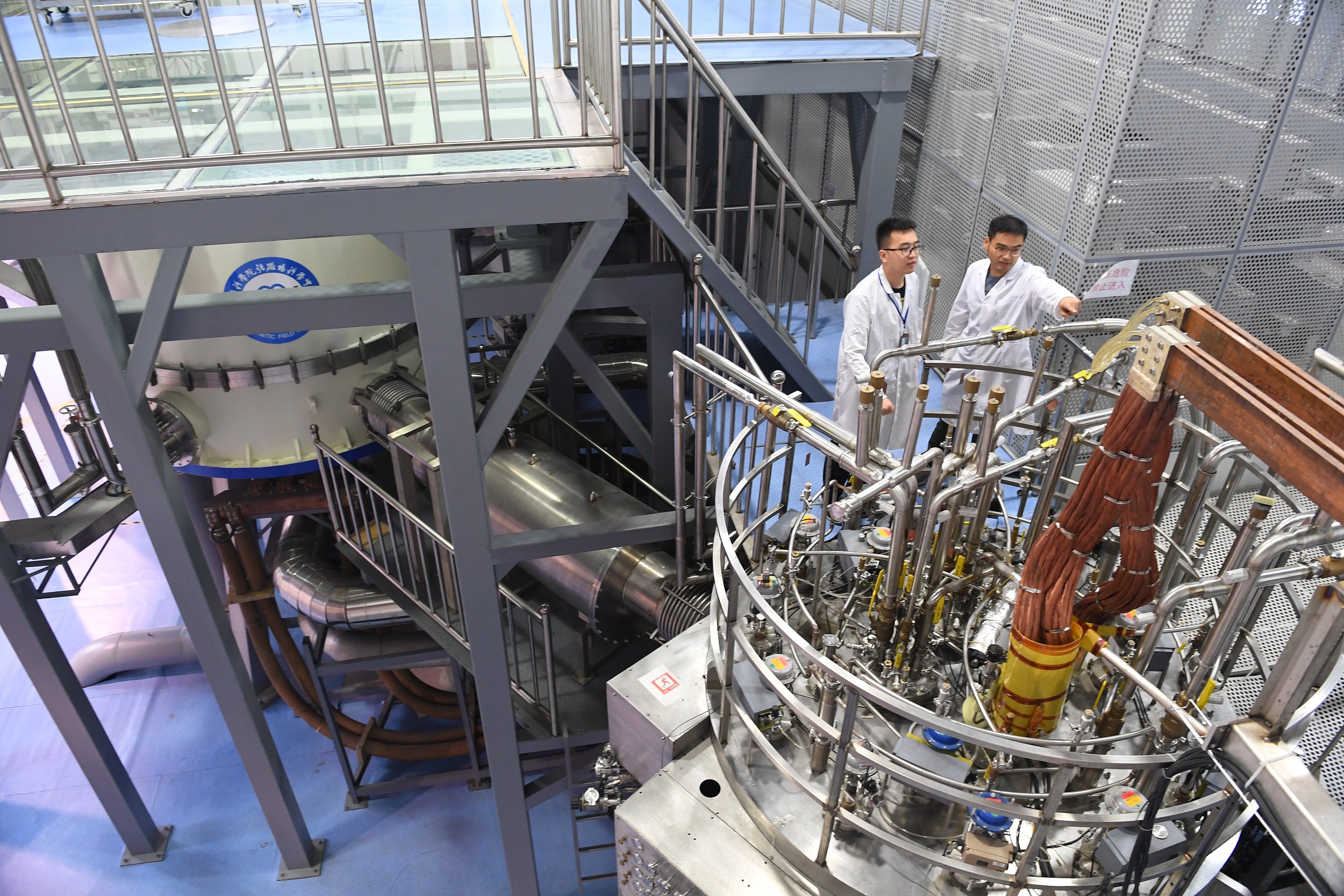White Tea: Taste of Nature and Health
A tea farmer dries white tea leaves at a tea factory in Fujian province, southeast China. (PHOTO: XINHUA)
By ZONG Shihan
White tea is one of the healthiest types of tea in China. It is sourced from the tender buds of tea leaves, which are covered with a layer of white fluff after drying, thus giving the tea its name.
Compared with other types of tea, the processing technique of white tea is relatively simple. Freshly picked tea leaf buds are exposed to weak sunlight or placed inside a well-lit and ventilated room to wither naturally. When the tea leaves are 70-80 percent naturally dried, they are then dried slowly over a gentle heat.
Its simple manufacturing process makes its benefits stand out. Because it doesn't go through excessive processing, white tea retains many natural ingredients such as tea polyphenols, amino acids, vitamins and minerals, all of which have health benefits such as being antioxidant, antibacterial, and immune-boosting.
White tea has an exceptional storage value. The taste of white tea in the first year of production is close to that of green tea. After two or three years, the chemical structure of the tea slowly changes, bringing a more mellow aroma. The tea can also help with anti-inflammation, heat relief and liver nourishment.
Upon reaching five to six years of age, white tea is considered vintage. Over time, its aroma matures and the color of the tea turns amber, becoming almost transparent. In addition, the health benefits are becoming increasingly prominent.



